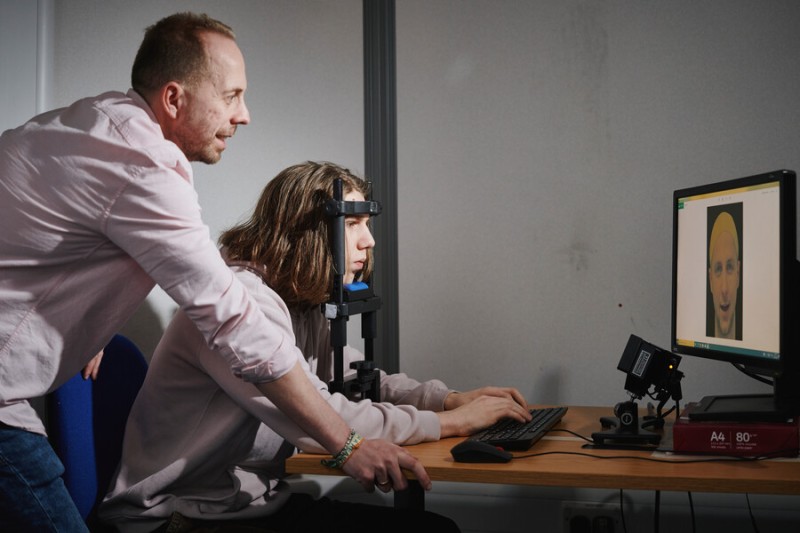A new book entitled “Visual Political Communication”, edited by Dr Anastasia Veneti, Dr Dan Jackson, and Associate Professor Darren Lilleker (Bournemouth University) has been published by Palgrave Macmillan.
This edited volume offers a theoretically driven, empirically grounded survey of the role visual communication plays in political culture, enabling a better understanding of the significance and impact visuals can have as tools of political communication. The book is intended as a specialist reading and teaching resource for courses on media, politics, citizenship, activism, social movements, public policy, and communication.
The publication features 14 contributions from 21 academics across the globe. It presents a range of disciplinary perspectives on visual political communication, including the fields of computer science, (digital) media studies, journalism studies and political science.
For a free preview or to order the book visit Palgrave Macmillan's website.
Book endorsements include:
“This book is an innovative and timely collection that will soon become central to research and teaching on visual, digital and political communication. Through an original combination of theoretical reflections, methodological recommendations and empirical findings, this volume offers an usually well-rounded approach to exploring the relationship between visual images, digital technologies, and political practices. The collection’s cutting-edge case studies make for an especially exciting read and convincingly demonstrate the power of the visual in top-down and bottom-up politics alike.” (Giorgia Aiello, Associate Professor in Media and Communication, University of Leeds, UK)
“At a time when political communication is increasingly dominated by visual imagery, this ground-breaking volume makes an essential intervention. It provides a comprehensive, engaging, provocative and wide range of contributions that advance knowledge in this sorely neglected, but increasingly vital area of research, and help us understand everything from the rise of Donald Trump to the strategies of the #BlackLivesMatter movement.” (Professor Karin Wahl-Jorgensen, Cardiff University, UK)
“The theme image vs. substance is still questioning today’s scholars in the digital age. In Visual Political Communication, the contributors respond with a mighty effort to explore the dynamics of visual communication and the political process. The result is an in-depth analysis of the various ramifications of the visual in political communication, in campaigns and in government that sheds light into many disquieting phenomena we notice in modern politics worldwide.” (Gianpietro Mazzoleni, Professor of Political Communication, University of Milan, Italy)



